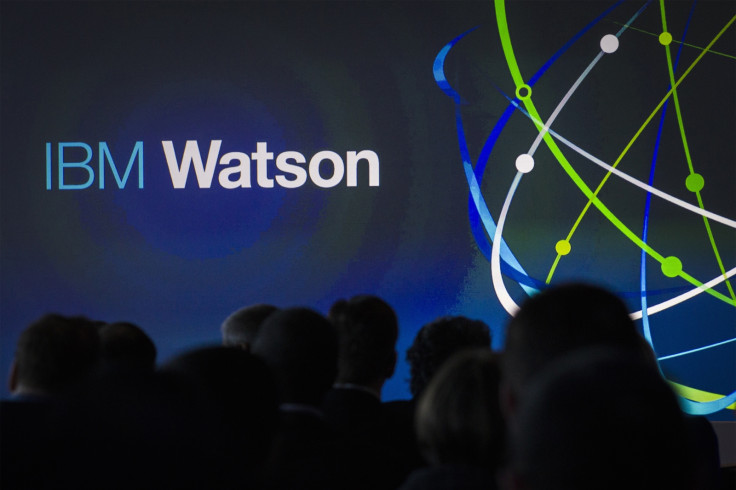IBM Watson taps into Apple HealthKit and ResearchKit to create connected future of healthcare

The dawning of a new technological frontier is taking place, as the world's biggest IT companies begin to tackle mountains of medical data with artificial intelligence and smartphones.
IBM is using its Watson artificial intelligence (AI) system to analyse a flood of data expecting to flow into the cloud over the coming years. The data will come from conventional sources such as hospitals, but also from consumer devices such as smartphones and fitness trackers.
A new unit is being set up with 2,000 IBM employees working to configure Watson for its new role as a medical analyst, and the company is pitching itself as the middleman between personal medical data - some of which dates from the 1970s - and data collected from modern medical gadgets and stored in the cloud.
IBM has partnered with Apple to integrate Watson-based apps into HealthKit and ResearchKit iPhone app development systems. Announced in 2014, these systems allow app developers to collect personal health data from iPhone users as part of clinical trials.
"We are convinced that by the size and scale of what we're doing we can transform this industry," John Kelly, senior vice president of IBM Research, told Forbes. "I'm convinced that now is the time."
IBM has also made two acquisitions in its bid to become the leader in 21st-century healthcare. It recently bought Cleveland-based Explorys, an analytics company with access to 50 million medical records from US patients, and Dallas-based Phytel, a company which provides feedback to doctors and patients for follow-up care.
Johnson & Johnson, one of the largest makers of knee and hip replacements, has partnered with IBM and will use Watson to create a personal concierge service to prepare patients for surgery and help them deal with its after effects.
What is The Internet of Things?
The Internet of Things is a term used to describe interconnected devices, systems and services that goes beyond machine-to-machine communications.
Another partnership with heart implant producer Medtronic will see Watson used to create an Internet of Things network of connected medical devices. Data will be collected from them, anonymised, and used to better understand how well the implants are working.
It may be the oldest with the longest and most recognisable track record, but IBM isn't alone in its pursuit of a medical revolution. Startup NantHealth, owned by billionaire Patrick Soon-Shiong, is working to create a similar middle layer connecting medical records with the cloud. Meanwhile, New York startup Flatiron health is creating analytical tools for monitoring cancer treatment, and existing medical IT companies Cerner and Epic are both jockeying to capture a slice of the new, connected market.
© Copyright IBTimes 2025. All rights reserved.





















